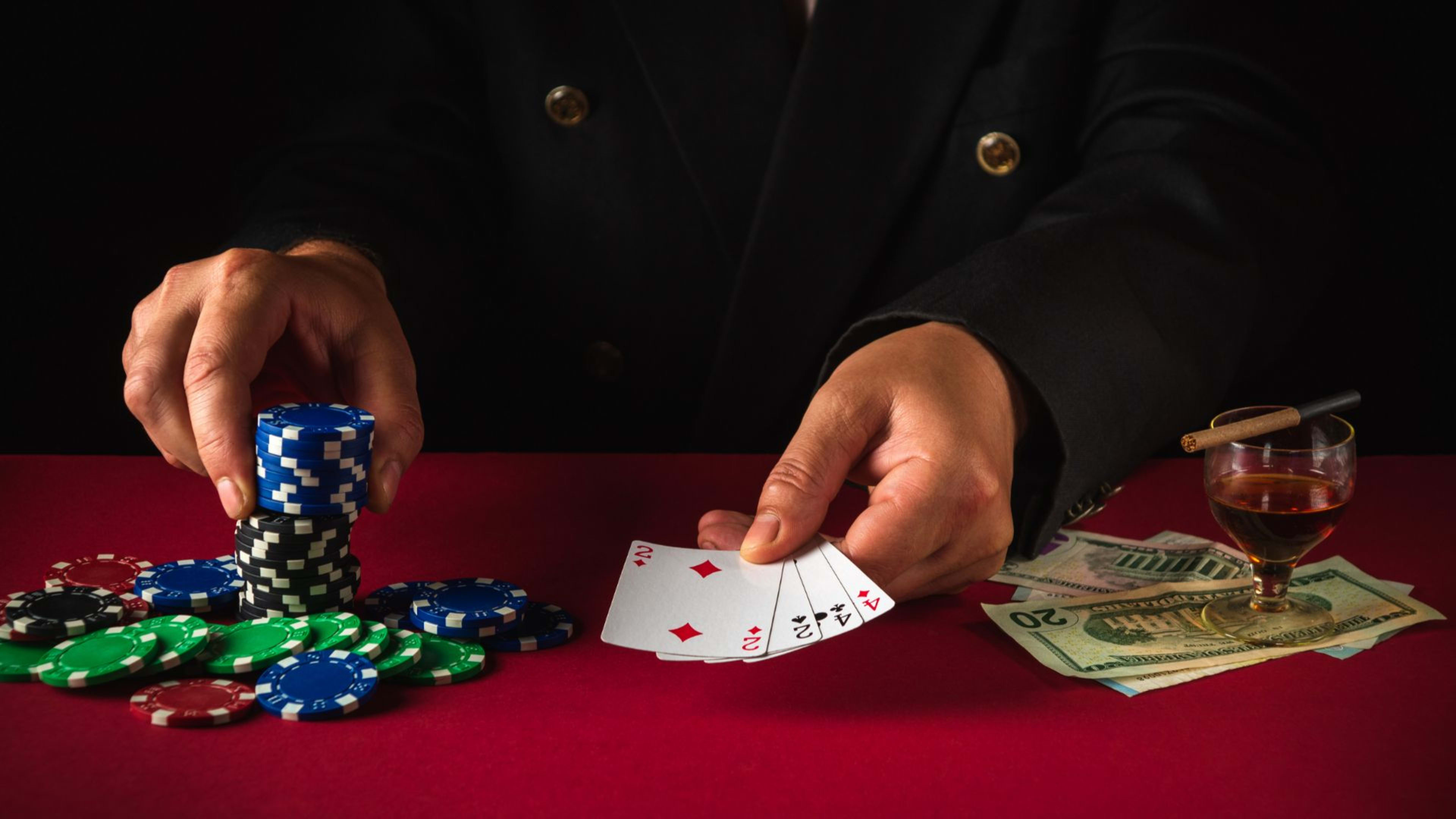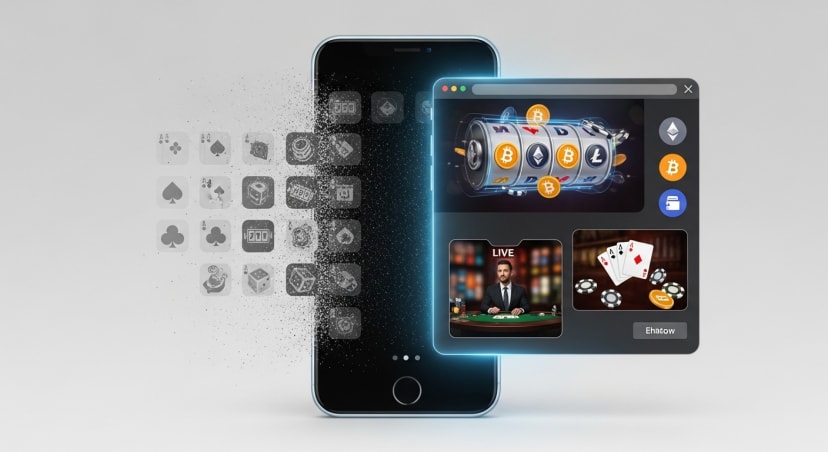Handling your casino funds wisely is just as crucial as understanding the game. Think of it like this: If you're careful with what you've got and make smart choices, you have a better chance of enjoying yourself and maybe even snagging a win. This applies whether you're playing online from your couch or hitting up a real-life casino.
The trick to managing your casino money is finding a sweet spot. You want to use your funds smartly so you can play longer and have more fun. If you go too hard too fast, you might blow through your cash before you even get a decent crack at winning. But if you bet too little, the game might not feel exciting, and your wins could be pretty minimal.
Why Bankroll Management is Key for Kiwi Players
Bankroll management is all about looking after your gambling money to minimise the risk of losing too much. It's a vital skill for any punter, no matter if you're a seasoned pro or just starting out.
There are heaps of reasons why bankroll management is so important. First off, it helps you avoid going broke. If you're gambling with money you can't afford to lose, you're heading for a financial crash. Good bankroll management keeps you within your budget and steers clear of this nightmare.
Second, it can actually improve your chances of winning. When you bet too much, you're upping the ante on losing a chunk of cash in no time. This can lead to "tilt" – that frustrated, fuzzy-headed state that messes with your judgment. Bankroll management helps you avoid tilt by keeping your bets sensible.
Third, managing your money means you can actually enjoy your gambling way more. When you're gambling with money you absolutely can't afford to lose, the pressure to win is massive. That can turn a fun flutter into a stressful ordeal. Bankroll management helps you chill out and get more enjoyment from the game.
How Much Should Your Casino Bankroll Be?
Your bankroll should be an amount you're comfortable potentially losing, because gambling always has risks. Think about using a bankroll calculator to find an ideal figure. These tools consider things like the games you like to play, the stakes you're comfortable with, and how long you want your gaming session to last, giving you a clearer idea of what your bankroll needs to be.
For instance, if you're looking to play mobile casino real money games for an hour and you plan to bet $5 every round, a bankroll of $200-$300 might be sufficient. However, it always depends on your personal circumstances and preferences.
Mobile Casino Bankroll Management Tips
- Create a Budget: Before delving into the best gambling apps or mobile casino bonus offers, establish a clear budget. Decide on the amount you're willing to deposit and possibly lose in a session or over a specific period.
- Get a Good Welcome Bonus: Many mobile casino apps offer welcome bonuses. Such bonuses give you extra bankroll money to play with. For instance, a casino might offer a 100% deposit match up to $200. If you deposit $200, you get an additional $200 as a bonus. This is a smart way to increase your bankroll without additional risks.
- Keep Track of Your Games: With so many mobile casino games available, it's easy to get lost. Use a simple notebook or a dedicated app to track your bets, wins, and losses. This record can help you identify patterns and make better future betting decisions.
- Create and Stay Within a Realistic Betting Range: If your total bankroll is $300, it's not wise to play games where each bet is $50. Spread out your bankroll so you can play longer and increase chances of winning. Maybe try $5 or $10 bets instead.
- Don’t Let Emotions Get in the Way: It's natural to feel frustrated after a loss or euphoric after a win. However, emotions can cloud judgment. Stick to your predetermined budget and don't chase losses or become overly ambitious after wins.
- Gamble Only with the Money You Can Afford to Lose: Never tap into funds meant for other important things like rent or bills. If your bankroll of money runs out, it's time to step back and reconsider your budget or perhaps take a break.
- Accumulate Small Wins: It's often tempting to go for the big jackpot, but the odds are usually lower. By focusing on games that offer smaller, more frequent wins, you can gradually increase your bankroll.
By following these tips, you can improve your chances of winning and minimizing your losses.
Here are some examples of how to apply bankroll management to different casino games:
- Blackjack: In blackjack, the house edge is typically around 0.5%. This means that for every $100 you bet, you can expect to lose $0.50 in the long run. So, if you have a $1000 bankroll, you should be able to play blackjack for about 2000 hands before you reach your risk tolerance of losing 10% of your bankroll.
- Roulette: The house edge on roulette varies depending on the type of bet you make. For example, the house edge on a straight bet is 5.26%. This means that for every $100 you bet, you can expect to lose $5.26 in the long run. So, if you have a $1000 bankroll, you should be able to make about 190 straight bets before you reach your risk tolerance of losing 10% of your bankroll.
- Slots: The house edge on slots varies depending on the machine. However, it is typically around 5%. This means that for every $100 you bet, you can expect to lose $5 in the long run. So, if you have a $1000 bankroll, you should be able to play slots for about 200 spins before you reach your risk tolerance of losing 10% of your bankroll.
Bankroll management is an important skill for any gambler. By following these tips, you can improve your chances of winning and minimizing your losses.
In conclusion, proper casino bankroll management ensures that your gambling experience remains enjoyable and financially responsible. Whether you're navigating the best mobile casino sites or hunting for the best real money casino apps, always remember: play smart, stay disciplined, and enjoy the process.
FAQ
What does "bankroll" mean in casino games?
A bankroll is the specific amount of money you've allocated purely for gambling. Think of it as your entertainment budget for playing casino games.
Why is bankroll management so important for Kiwi players?
Good bankroll management helps you avoid spending more than you can comfortably afford. It lets you enjoy your gaming, potentially play for longer, and gives you a better chance of finishing with winnings rather than losses.
How do I decide how much money to put in my bankroll?
Your bankroll should be an amount you're prepared to potentially lose, given the risks of gambling. Consider the games you want to play, your betting amounts, and how long you plan to play. Some players use online bankroll calculators to help them decide.
What does "house edge" mean?
The house edge is the built-in advantage the casino has in each game. It guarantees the casino will make a profit over time. The exact percentage varies depending on the game.
Are welcome bonuses a good way to increase my bankroll?
Yes, welcome bonuses can be a great way to boost your bankroll. For example, if a casino offers a 100% deposit match up to NZ$200, depositing NZ$200 would give you an extra NZ$200 to play with.
How should I keep track of my bets and results?
It's a good idea to record your bets, wins, and losses, either in a notebook or using an app. This can help you understand your gambling habits.
What does "tilt" mean when gambling?
"Tilt" is when you become upset or frustrated after losing, which can affect your decisions and strategy.
When should I stop gambling?
Stop if you've used up your bankroll or reached your loss limit. Also, if gambling stops being enjoyable or you feel stressed, take a break. Remember to gamble responsibly.
Do these tips only apply to mobile casino games?
While we mention mobile casino games, bankroll management applies to both online and physical casinos.
Why is it better to aim for smaller, more frequent wins?
While big jackpots are tempting, they have lower odds. Games with smaller, more frequent wins can help you gradually grow your bankroll and provide a more consistent experience for players in New Zealand.















